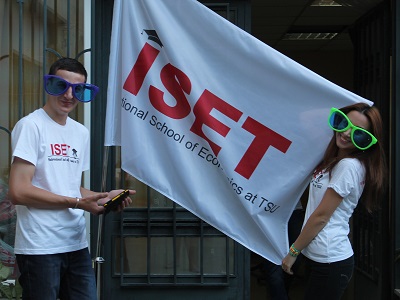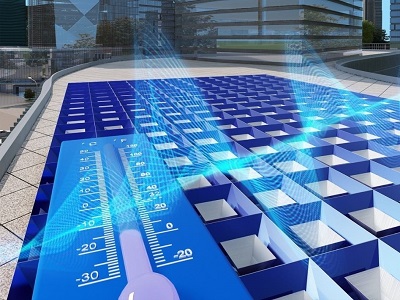Good first morning of the new academic year to all!
- Details

Warm welcome back to all returning students, faculty, researchers, and staff. Special greetings to our new students who will henceforth be part of our strong academic and professional community. Also, warm welcome to our new and continuing international students and international faculty. We wholeheartedly offer ISET to be your home and family, as is Georgian and ISET tradition. While the ISET community is very diverse, what we all have in common are our core values – dedication to knowledge and education, commitment to professional and personal achievement, and motivation to make a difference in our own lives and lives of others both domestically and globally.
‘Investment in knowledge pays the best interest’ – said Benjamin Franklin long ago, and it has been true for all times. Students – you should be proud of your commitment, as the investment you are making now will benefit you many-fold in the future. We, the faculty and staff of ISET, are here to help guide you toward maximizing the range and value of your opportunities during your time in ISET, so that your investment in knowledge can indeed pay the best interest.
Scientists Develop New Electricity-Free Cooling Systems
- Details

Engineers at Buffalo University (NY) have recently designed a new system which will help to cool buildings in a crowded metropolitan city without consuming electricity. The new method is known as radiative or passive cooling because it does not require batteries or other sources of electricity to initiate cooling.
The system consists of alumina films, which are installed at the bottom of a specially designed solar ‘shelters’ which helps the building to keep cool. The system works in the following way: the films help its surrounding to be cool and absorb heat from the air. The films stay cool as the heat dissipates through thermal radiation, and can then cool down the environment. The innovation is made up of environmentally-friendly technology and will be useful for cities which are trying to deal with global warning issues. The system also has the ability to purposefully direct thermal emissions towards the sky rather than spread the emission in all directions.










